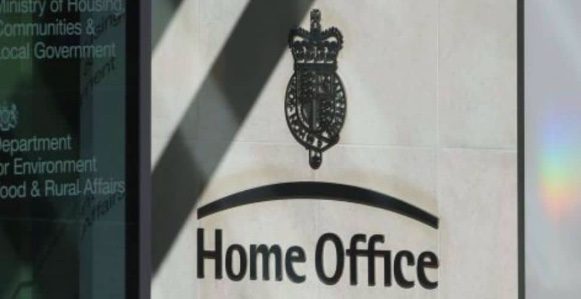
The “deeply broken” system in the UK and how it is failing modern slavery survivors
Eleanor Lyons, the independent anti-slavery commissioner, has valid reasons to declare the UK’s modern slavery support system “deeply broken.” Research indicates that victims of modern slavery are opting to remain with their exploiters instead of seeking assistance from government programs meant to help them.
Why? Migrants who face exploitation lack trust in a UK government that increasingly appears hostile toward them. Many are concerned that seeking help will result in deportation. In fact, traffickers weaponize the government’s antagonistic rhetoric and the fear of deportation to keep their victims in exploitation.
Failing to protect modern slavery victims for a decade
Nearly ten years after its enactment, the Modern Slavery Act, a crucial law, is failing to safeguard trafficking victims. According to a report from Nottingham University’s Rights Lab, refusals to seek assistance from the government’s support network for trafficking victims are at a record high.
The Guardian, which has exclusive access to this report, highlights these findings:
Potential victims who come into contact with the authorities but do not want to use the National Referral Mechanism (NRM) are recorded in statistics known as duty to notify. These reports have soared by more than 630% since 2016 – from 762 in 2016 to 5,598 in 2024 – a sign victims are losing trust in the system.
Fear of deportation is the primary reason victims are rejecting support[…] Many victims believe the NRM is a trap that leads to immigration enforcement rather than protection. Hostile immigration policies and inflammatory language from the government is scaring victims away from the systems supposed to protect them, it found.
A second report by the Modern Slavery and Human Rights Policy Evidence Centre found that since the act was introduced, the percentage of prosecutions has remained extremely low. Alicia Heys, who authored the study, said:
“Part of the intention behind the Modern Slavery Act was to ensure that perpetrators receive suitably severe punishments, yet 10 years after the introduction of the act, conviction rates remain low. Sometimes, offenders are pursued under different legislation, for example relating to drugs or controlling prostitution, which misrepresents survivors’ experiences.”
To which Lyons said, “It’s heartbreaking but not surprising that more and more potential victims of modern slavery are saying no to help.”
